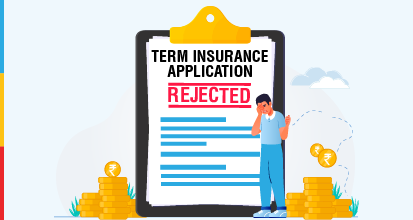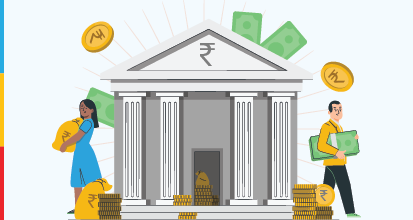- Risk-return: According to the risk-return trade-off, potential reward increases as risk increases.
- Passive Investing: Investing to maximise profits while minimising purchases and sales is known as passive investing.
- Fixed-income securities: An investment that yields a consistent stream of interest income for a set
- Asset Allocation: The strategy of spreading investments across asset classes like equity, debt, and gold to balance risk and returns
- Lock-in Period: The minimum time you must stay invested in a financial product before withdrawals are allowed without penalties
Written by : Knowledge Centre Team
2026-01-10
9682 Views
16 minutes read
Share
















